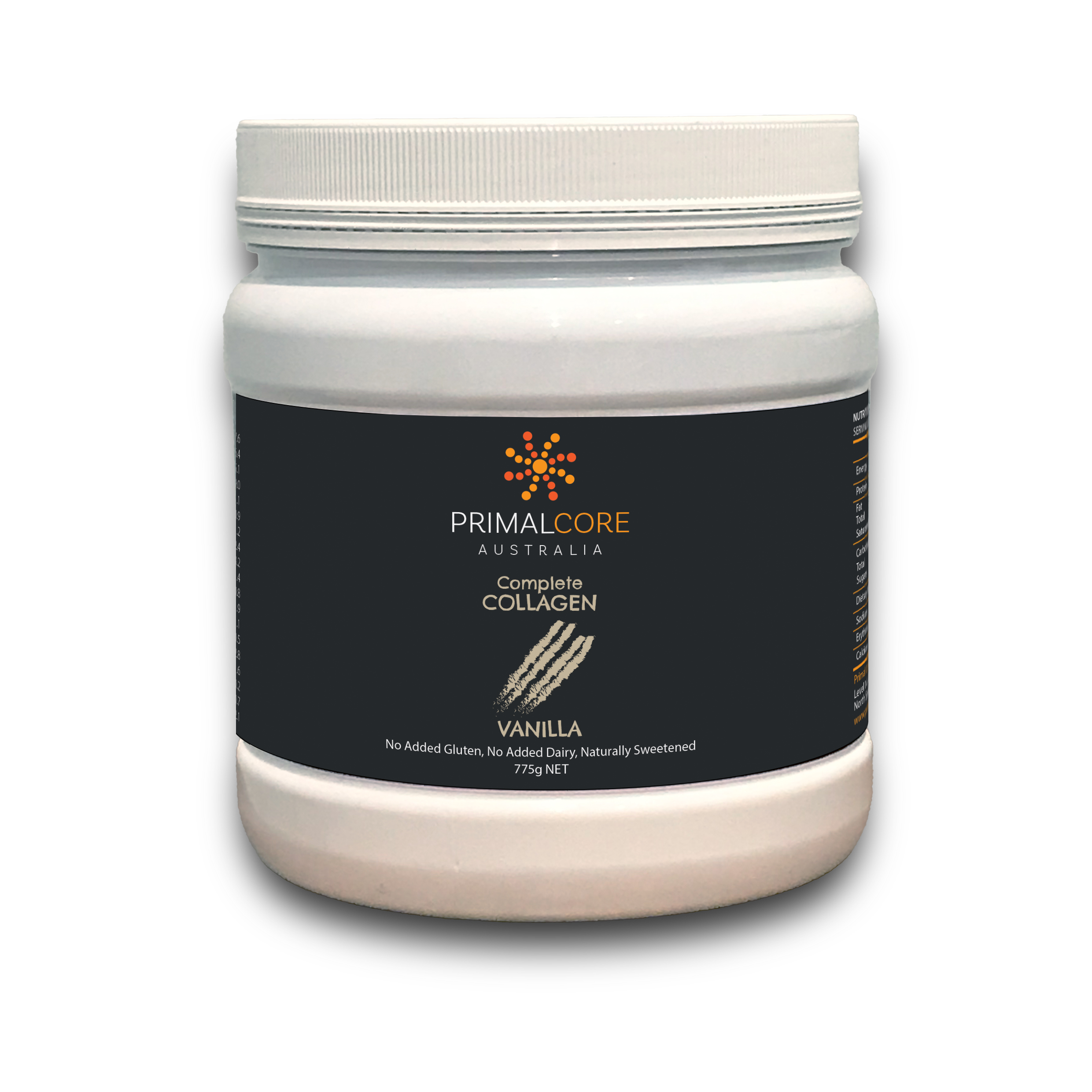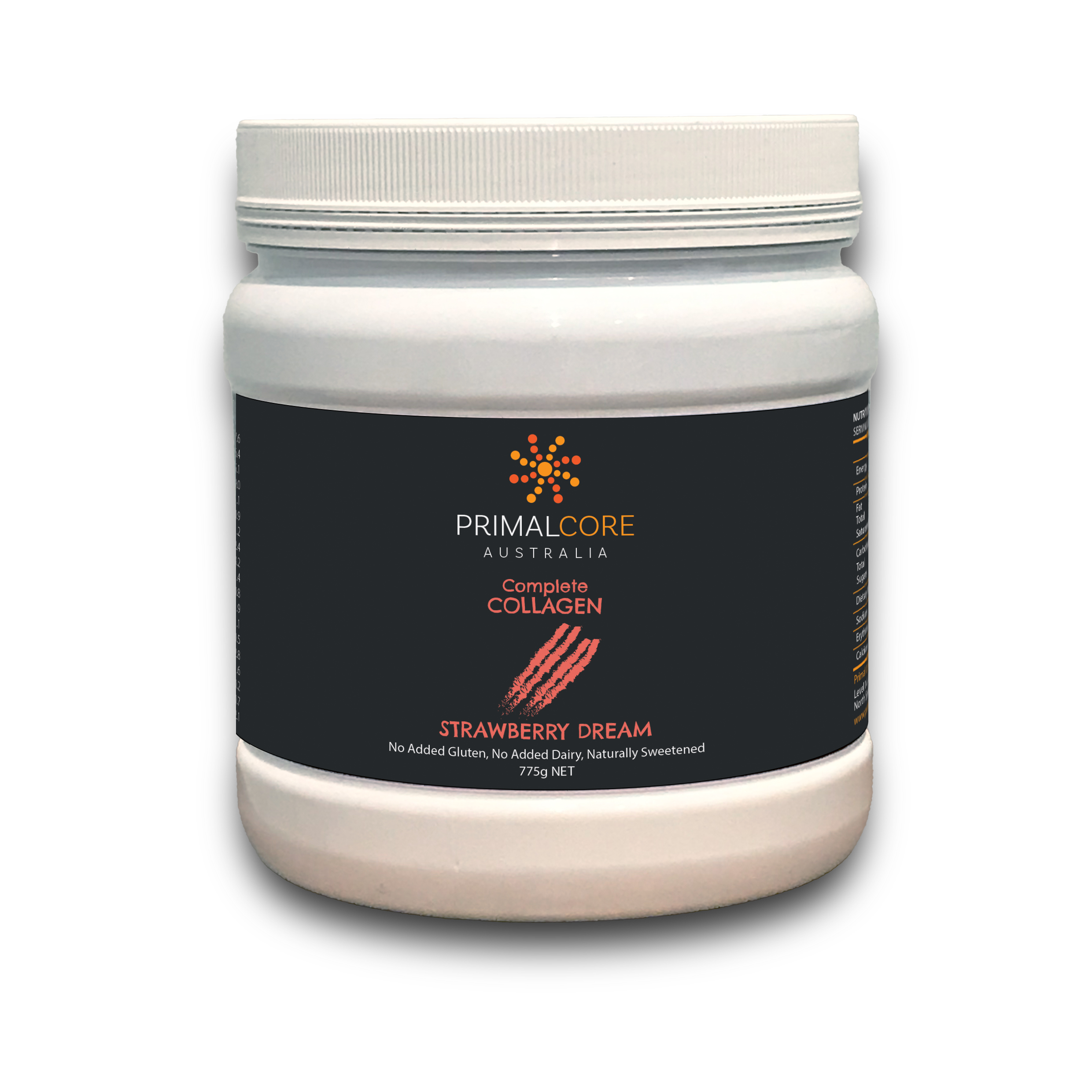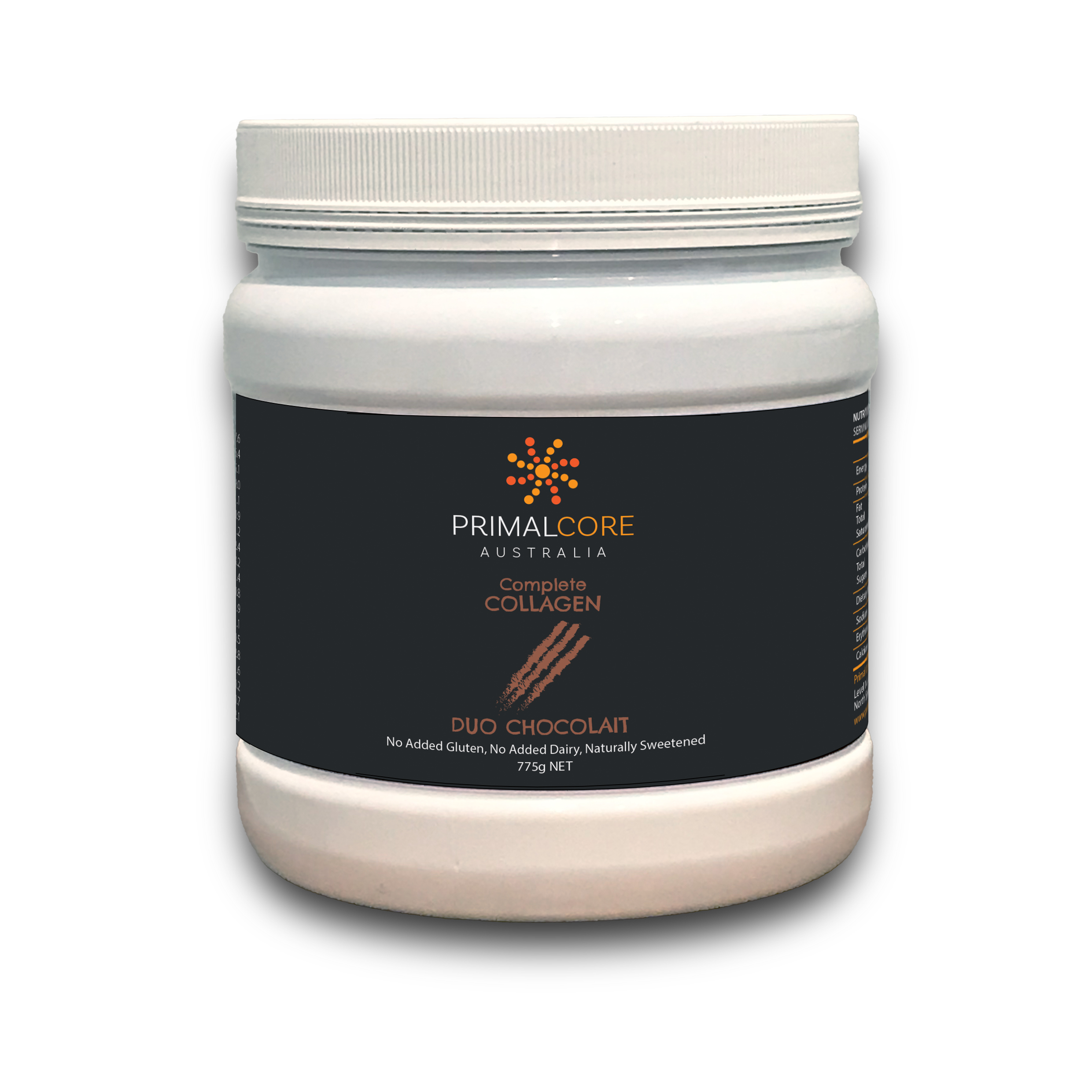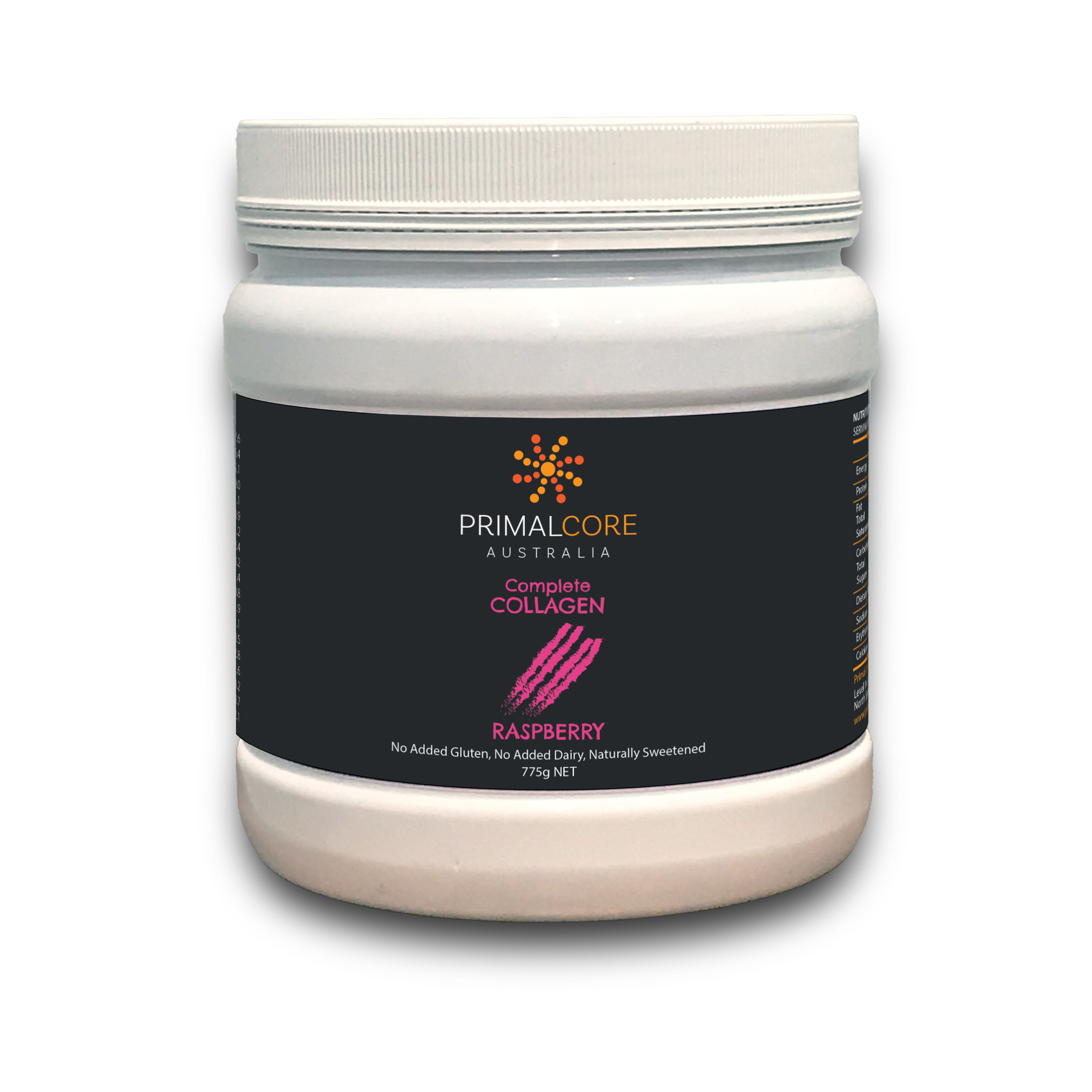If you’ve been into fitness for at least five minutes, you know the importance of protein. Right? Finding the best workout and the best source of protein for you is an ongoing quest towards optimal performance, and we’re going to be looking at the various sources, and we’ll tell you why, in our opinion, collagen protein is likely the best protein source for you.
For context, in this article we’ll be focusing on three of the primary protein sources; whole meats, collagen, and whey.
What You Will Learn In This Article:
- What Is Protein?
- What Is Collagen?
- Why Collagen Is The Best Protein Source?
- Comparison Between Collagen And Animal Protein
- Comparison Between Collagen And Whey Protein
What Is Protein?
Along with fats and carbohydrates, protein is one of he three macro-nutrients (micro-nutrients being vitamins & minerals). Each gram of protein contains 4 calories, carbs sit at roughly 4 as well, and fat at 9 calories. There are actually a heap of different proteins, but that would require a whole lot more writing, so perhaps a future article! For now, we’ll just bundle proteins into a singular bucket term.
At a chemical level, proteins are comprised of organic compounds called ‘amino acids’. These amino acids (of which there are 20) are divided into ‘essential’ and ‘non-essential’ which is a little misleading to some as they are really all “essential”, but what this really means is that the ‘essential’ ones are required to come from diet, and the non-essential can be made from constituent parts by the body – primarily in the liver. Amino acids are the fundamental building-blocks of proteins and are required for a huge range of systems in the body, including muscle building and the immune system.

Dietary sources of protein are mostly associated with animal products, though plant-based sources absolutely exist and with planning, can provide an equitable source. It isn’t easy to get the required amount of protein from just regular meals alone, and that’s why active people nearly always take in additional supplemental sources. So while there are countless dietary sources of protein, for fitness enthusiasts, the most common supplemental options are whey, soy, and increasingly; collagen in the form of collagen peptides – a more digestible and adaptable form of collagen protein.
Collagen protein is not nearly as well-known (yet!) as whey in particular, but it’s been emerging as a viable alternative for a whole host of reasons we’ll dive into shortly.
What Is Collagen Protein?
Simply put, collagen is the most abundant protein in the body. Collagen helps give structure to our hair, skin, nails, bones, ligaments, and tendons. So it does a lot of things, but fundamentally for those with an active lifestyle, collagen helps keep us moving. It’s like your bodies own strapping-tape.
Collagen protein is made up of the following amino-acids;
- Glycine
- Proline
- Hydroxyproline
- Arginine
As well as helping with the usual muscle-building and generally ‘keeping the lights on’ within the body that protein sources all commonly do, collagen helps our gut health and is responsible for that healthy glow of skin and hair. Collagen protein is different – and superior – to other protein supplements because of the high levels of readily accessible amino acids. The health benefits of collagen protein really are remarkable.

Now, let’s take a look at why collagen is arguably the best protein source there is.
Why Collagen Is The Best Protein Source
Collagen protein gets you results and keeps you in better health. Here’s why;
Collagen protein is high in glycine. Glycine is crucial to building healthy DNA and RNA strands. Also, collagen provides proline, an amino acid that promotes joint and cardiovascular health.
But’s that’s not the only thing. Here’s the mind-blowing part…
The absorption rate of collagen protein is over 90%, compared to 27% or less in most food sources.
Further, collagen makes up to 90% of bone mass, and taking it can improve bone metabolism, and stimulate bone formation and repair, something you definitely need if you’re into fitness. Wrist, ankle, and knee injuries covered in rock-tape are as common as weight plates in many gyms and Crossfit boxes…
Collagen supplements like our Collagen Booster Shots are full of Type I collagen peptides, which are easily soluble, digestible bio-collagen that goes straight to your tissues to repair. That makes it the ideal post-workout nutrition.
Comparison Between Collagen And Other Animal Protein Sources
Animal-based proteins typically contain a full spectrum of amino acids. That’s good. But whey and eggs (and yes, even some plant-based protein sources like soy and pea) can induce allergic reactions, and there are ethical and chronic health issues for some too. For that reason, when choosing any protein powder, the source is important, even when animal-based.
Two of the leading ‘new’ wave products pushing into replace whey as the go-to supplement are beef protein and collagen protein powders.
Beef protein is often used to boost body mass and improve body strength. It comes in a concentrated form, which makes it readily available for the body. A serious flaw though, is beef protein doesn’t contain or promote creatine formation, which is something that collagen protein does exceptionally well.
And… and not looking to spoil your party, “beef” protein is typically not made from the cow’s flesh. Nope. You’re often drinking the cow’s…excess parts.
Comparison Between Collagen And Whey Protein
The first major difference is that they come from different sources.
Whey is derived from milk – it’s the waste from making cheese traditionally. Collagen protein is derived from the bones, skins, and cartilage of animals, and is a big part of why beef and chicken stocks are so reputed for their healing properties.
Second, they contain different amino acids.
Whey is a fast-digesting, complete protein that’s just awesome for building muscle. Whey protein is typically used before and/or after a workout and contain the three BCAA amino acids, which are a subset of essential amino acids (EAA’s) and significantly responsible for muscle synthesis and strength. One of the most significant problems with whey though, is that it contains allergens and irritants like lactose. Lactose is a type of sugar found in dairy, and it’s estimated to cause a reaction in roughly two-thirds of the population.

Collagen protein, on the other hand, contains the full spectrum of amino acids (some abstent in whey protein). This difference is vital, as these amino acids combine and produce glutathione, which is the body’s most powerful antioxidant. It helps with clearing heavy metals, free radicals, and reactive oxygen compounds. So not only does it help with skin and hair, it helps with general health and optimisation! And without any lactose, so it’s also easier to digest and won’t cause the discomfort and bloating often attributed to whey variations.
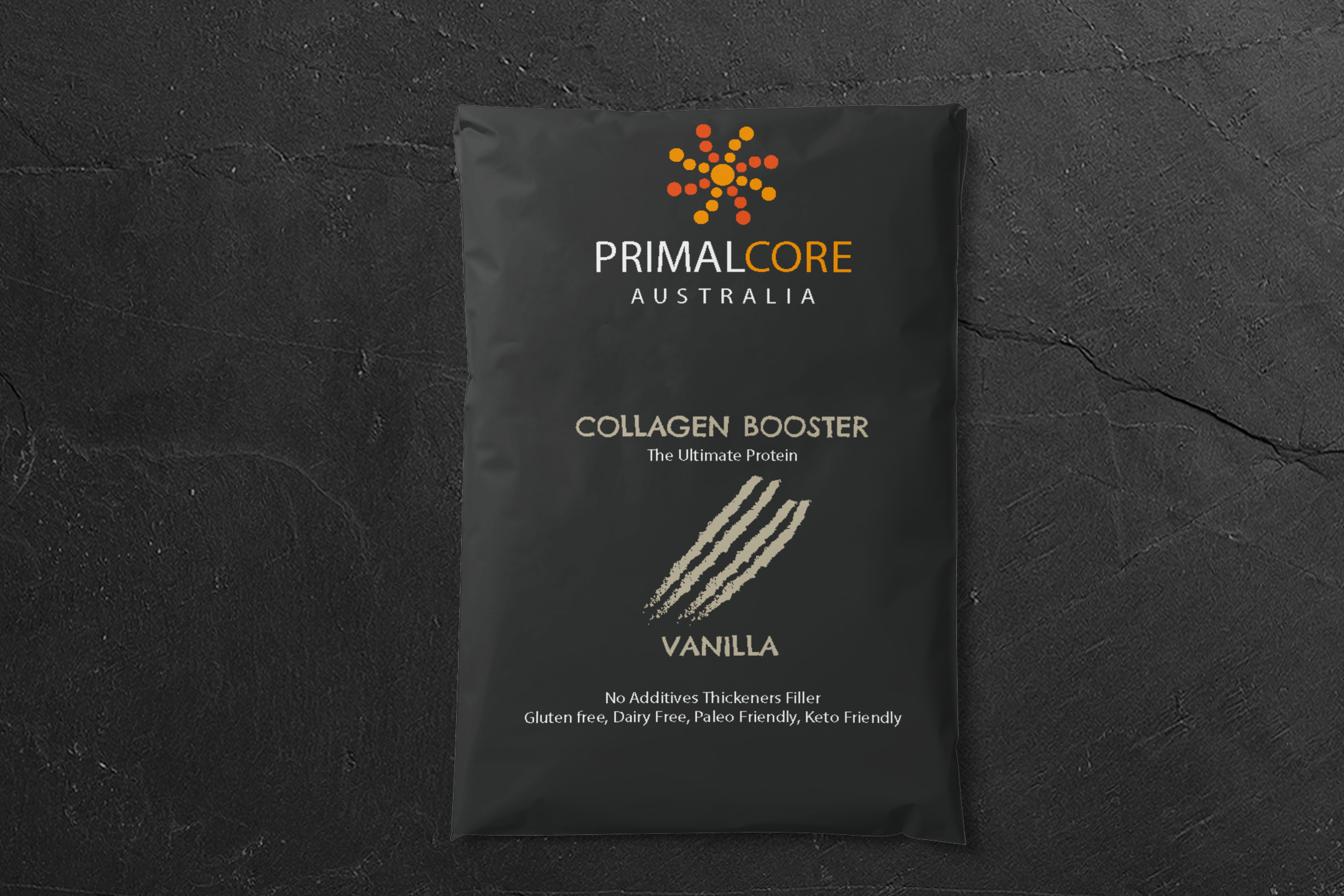
Our Vanilla Collagen is convenient, tasty, and incredibly nutritious.
If you’re into recovery and better health, choose collagen. Not only is it the choice for those with digestive issues, but also it’s a great way to increase your general health and athletic performance naturally.
Why don’t you give it a try? Check out our other collagen products.
Health has never tasted so good and we’re here to prove it.
Hey, are you following us on Facebook and Instagram? We drop some serious wisdom bombs there, so don’t miss them!

